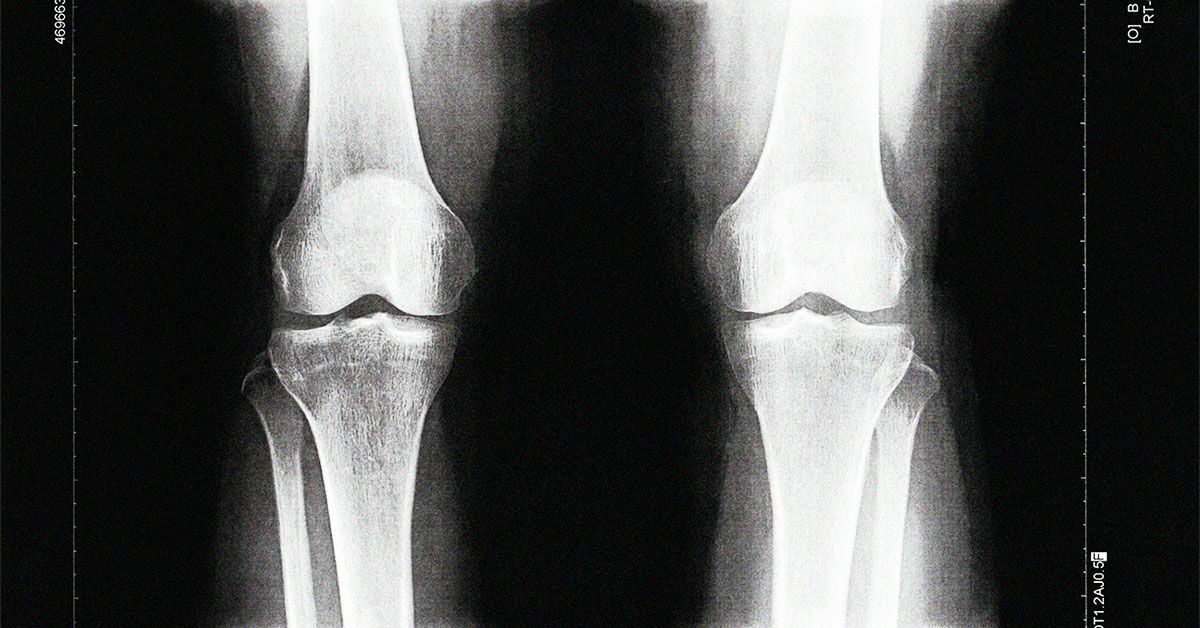- Researchers report that evidence suggests there is a relationship between type 2 diabetes and Alzheimer’s disease risk, something that some health professionals call type 3 diabetes.
- They said it’s possible that eating a high-fat diet might lead to higher levels of inflammation, which could increase dementia risk.
- They note that a healthy diet and participating in a healthy lifestyle might reverse the process and decrease the risk of developing Alzheimer’s disease.
There is growing evidence that type 2 diabetes and Alzheimer’s disease are linked, according to research completed at Texas A&M University and presented at the annual meeting of the American Society for Biochemistry and Molecular Biology.
In their findings, which haven’t been published yet in a peer-reviewed journal, researchers examined the relationship between the two diseases, using mice for their experiments.
The scientists said they traced a particular protein in the gut to find out how it influences brain processes. They reported that eating a high-fat diet suppresses a protein called jak3.
The mice without this protein experienced inflammation that began in the intestine and then moved to the liver and the brain. These mice developed Alzheimer’s-like symptoms, including cognitive impairment.
The researchers suggest that it could be possible to reduce the risk of Alzheimer’s disease by controlling or avoiding type 2 diabetes.
The scientists note that previous research indicates that diet influences the development and severity of diabetes and, more recently, has been implicated in the risk of developing Alzheimer’s.
“
Although this study has not explored this connection and it is premature to draw any conclusions, Kumar does believe it is possible that this connection would be similar in other types of dementia.
The researchers at Texas A&M say they have learned that the jak3 protein can lead to a leaky gut, resulting in low-grade chronic inflammation as well as type 2 diabetes, the decreased ability in the brain to clear toxic substances, and dementia-like symptoms.
A leaky gut is a condition in which gaps in the intestinal walls allow toxins and bacteria to leak out of the intestines and into the bloodstream. Not all health professionals recognize this as a distinct medical condition and further research is needed.
The researchers believe that stopping this process, including inflammation, is possible by eating a healthy diet and controlling blood sugar.
Ideally, they said, healthy eating and lifestyle habits can begin early enough to avoid high blood sugar or at least soon enough to reverse prediabetes.
The scientists suggest that these changes can reduce the risk of type 2 diabetes and Alzheimer’s disease.
Around 81% of people living with Alzheimer’s disease also have type 2 diabetes, according to a report by the Keck School of Medicine USC.
The risk of dementia corresponded with the diagnosis of diabetes – the younger the age of developing diabetes, the higher the risk of developing dementia.
Some scientists refer to the link between these two diseases as “type 3 diabetes.”
Because the liver metabolizes food, the researchers say it might be critical to the gut-brain connection.
It is not yet understood why this condition exists, but experts do know that high blood sugar or insulin can harm the brain and increase risk of Alzheimer’s, according to the Alzheimer’s Association.
The brain is the most energy-demanding organ — needing half of all the sugar energy in the body to function correctly. Both high and low blood sugar can damage blood vessels in the brain, according to the
When blood sugar levels are outside of normal range, it can damage nerve and blood vessels in the brain, causing problems with memory, learning, mood, weight gain, and hormonal changes. Over time it can lead to Alzheimer’s disease.
The goal of treatment for type 2 diabetes is to prevent it from causing other health problems, according to the
“Severe obesity is deadly. People’s bodies are 10 to 20 years older than their chronological age. Heart disease is the biggest killer,” said Dr. Mitchell Roslin, the chief of bariatric surgery at Northwell Lenox Hill Hospital in New York who was not involved in the study.
There are several effective treatments, according to Roslin.
“Bariatric surgery is a tool that makes eating less, eating healthier foods, and activity more feasible,” Roslin told Medical News Today. “It is still going to be subject to socioeconomic factors and the environment and stresses people face.”
He added that in the past few years, federal regulators have approved several weight loss medications that can help reduce the risk of diabetes. Tirzepatide (Mounjaro, Zepbound) and semaglutide (Ozempic, Wegovy) work to reduce feelings of hunger and help a person lose weight, which can help control type 2 diabetes.
Diet, exercise, and other lifestyle factors are also important, according to experts.
“Diet and lifestyle changes to address weight is highly effective in reducing your risk for diabetes as well as controlling it,” said Lauren Sepe, a clinical nutritionist at the Kellman Wellness Center in New York who was not involved in the study. “Although the advent of these new and highly effective medications are very helpful to many people, there is a lot of people can do on their own to address their condition.”
“I recommend not only a diet low in carbohydrates and added sugars, but also a diet that addresses inflammation,” Sepe told Medical News Today.
Sepe offered these tips:
- Focus on lean protein, free range protein, wild caught fish, and seafood
- Grass-fed meat in moderation. Grass-fed meat has been shown to contain a higher amount of naturally anti-inflammatory Omega-3 fatty acids, as compared to the conventional meats which are in higher in pro-inflammatory Omega-6 fatty acids
- Healthy fats, such as those found in olive oil, coconut oil, and avocados
- Plenty of non-starchy vegetables as these vegetables tend to be higher in carbohydrate content
- Eggs
- Nuts and seeds, in moderation. They are nutrient dense and contain healthy fats but tend to be higher in calories
- Low sugar fruits in moderation, including apples, citrus fruits, berries, and melons
- Dairy in moderation, preferably good quality, organic versions













